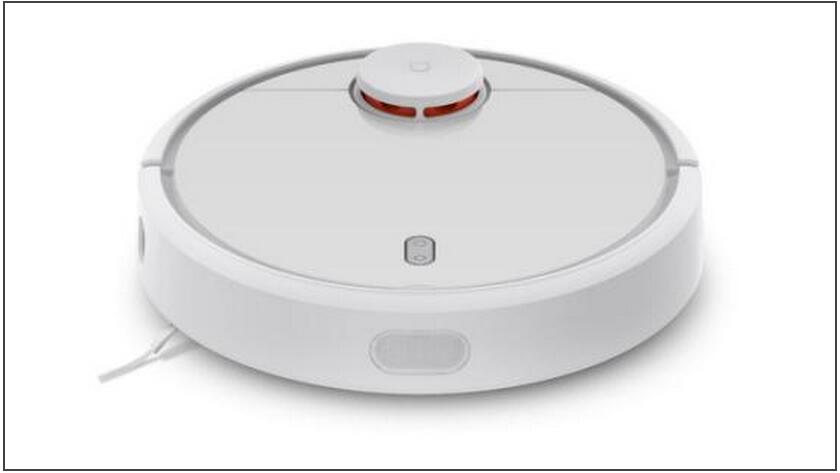(Cover image source: Roborock)
36Kr exclusively reports that Xiaomi’s ecological chain company, Roborock, will enter the car manufacturing field with an angel round valuation of US 240 million dollars. The founder and CEO of Roborock, Chang Jing, personally handles the operations of the independent car company while also investing in the Roborock Automobile Company.
Roborock’s car manufacturing project was launched as early as the end of 2020. Old shareholders of Roborock such as GGV Capital and Northern Light Venture Capital have also continued to invest in the project. Former CTO of WM Motor, Yan Feng, has also joined Roborock’s car manufacturing project.
Like Ideanomics, Roborock’s first car has chosen the extended-range technology route. The initial product positioning is a hard-core off-road vehicle similar to the Mercedes-Benz G-Series. Roborock hopes to achieve a single trip mileage of over 1,000 kilometers with the help of extended-range technology.

Roborock is a star company on Xiaomi’s ecological chain, specializing in intelligent cleaning hardware such as sweeping robots. The Roborock robot vacuum in your home is one of its products. In February 2020, Roborock landed on the Science and Technology Innovation Board and its current market value has reached 77 billion yuan.
Roborock has a unique relationship with Xiaomi, and the two companies’ car manufacturing news came within two weeks of each other, prompting people to speculate whether Roborock’s car manufacturing is related to Xiaomi. However, insiders have said that the two companies are independent of each other and there is no capital cooperation between them.

Roborock’s decision to enter car manufacturing is likely a personal preference of CEO Chang Jing. Insiders say that Chang Jing is a typical car enthusiast, particularly fond of off-road vehicles, and owns dozens of Toyota Land Cruisers. For Roborock’s first car, Chang Jing also resolutely chose an off-road vehicle model benchmarked against the Mercedes-Benz G-Series, hoping to achieve a single trip mileage of over 1,000 kilometers with the help of extended-range technology.
Regarding his previous work, Chang Jing said, “On the one hand, the laser radar on the robot vacuum has the same logic as the laser radar on the Google driverless car, so we have applied driverless car technology to the field of robot vacuums. On the other hand, we have brought relevant path planning and positioning technology indoors and applied it to robot vacuums.”
From the beginning, Roborock established the intelligent sweeping robot based on the technology of laser distance measurement module (LDS). In mid-September 2014, the founding team demonstrated the prototype of simultaneous localization and mapping (SLAM) to investors, and thereby obtained investment from Xiaomi and was commissioned to develop the Mi Robot Vacuum Cleaner. The laser radar and visual SLAM positioning technology used in robot vacuums is similar to unmanned driving technology.🔗 Source: 36Kr
This article is a translation by ChatGPT of a Chinese report from 42HOW. If you have any questions about it, please email bd@42how.com.
